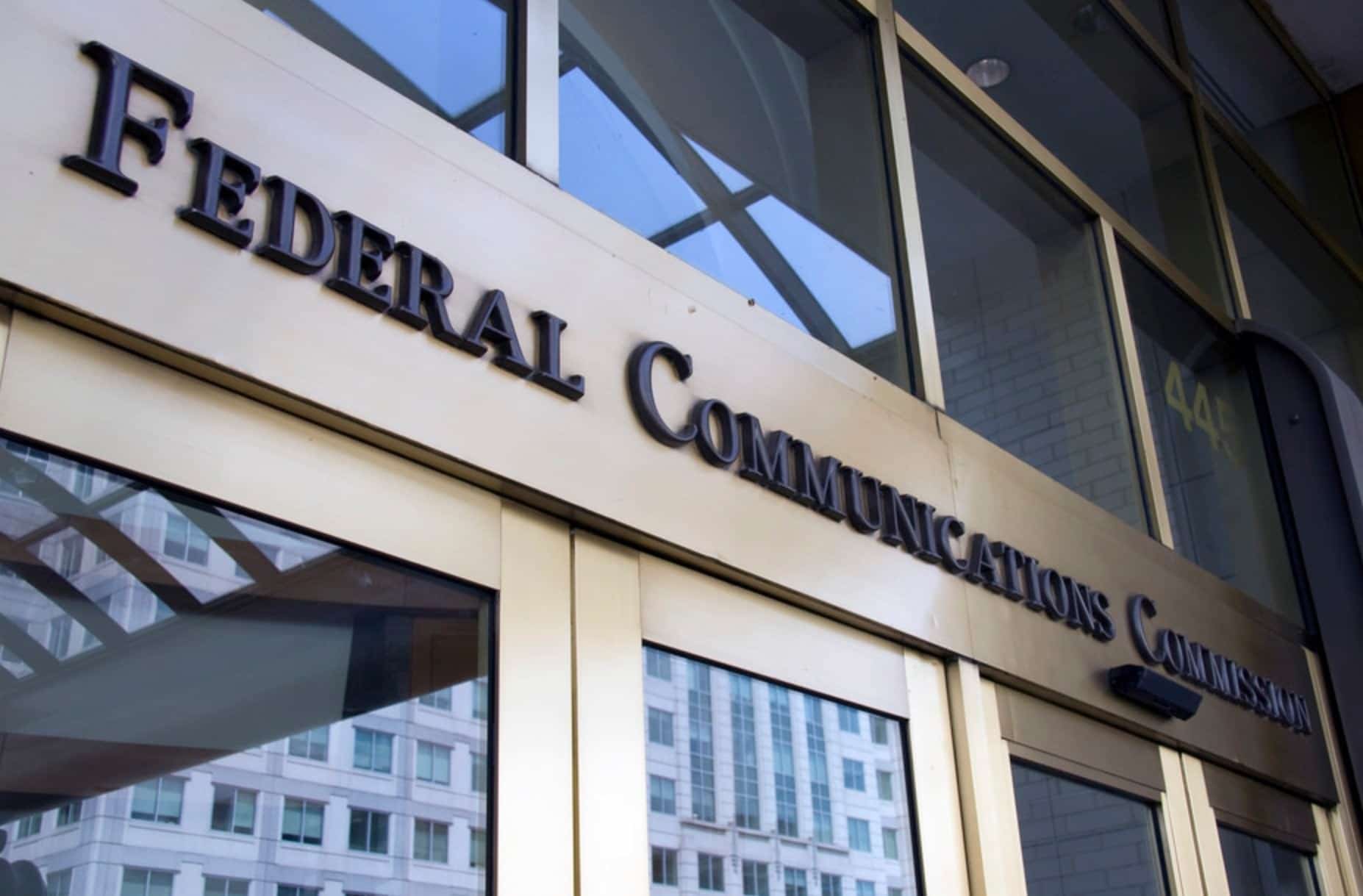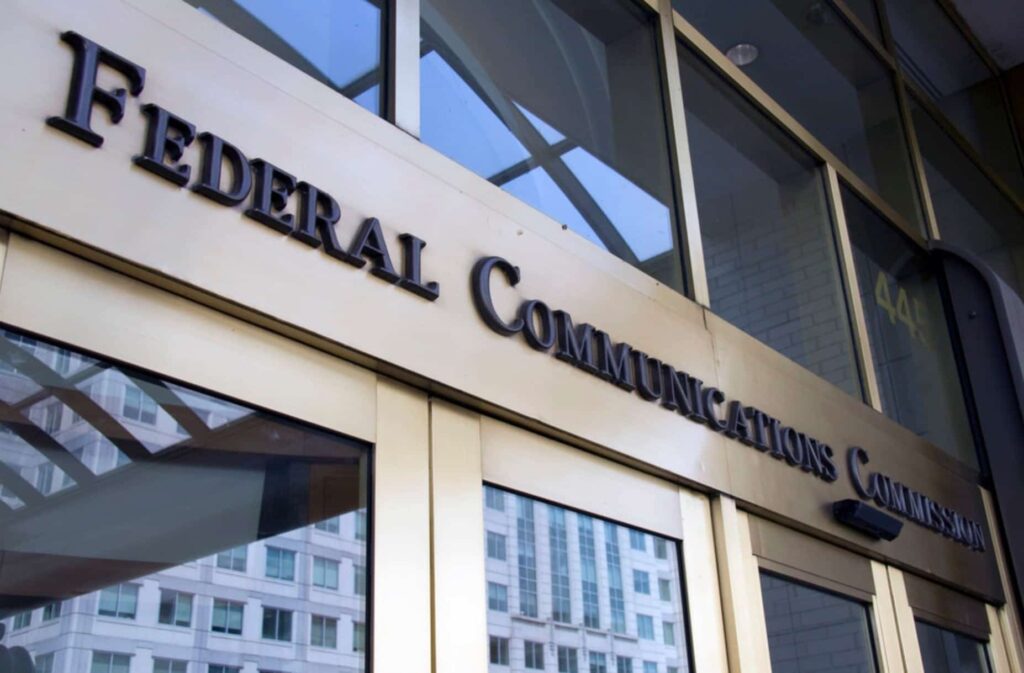The Federal Communications Commission (FCC) is seeking comments on petitions filed over its proposed changes to the Internet Protocol Captioned Telephone Service (IP CTS).
The petitions, filed by Sprint Corporation with the FCC’s Consumer and Governmental Affairs Bureau, call for clarification of the commission’s IP CTS suggestion regarding the use of fully automatic speech recognition (ASR) programs and a reconsideration of IP CTS compensation rates.
Those opposing Sprint’s petitions must file their claims with the FCC by this Friday (Sept. 7), while replies to these oppositions must be filed by September 17, 2018.
In June, the FCC announced plans to reform the Internet Protocol Captioned Telephone Service in an effort to modernize the system and resolve compensation and funding issues.

Traditionally, a trained operator – a communications assistant (CA) or voice captioner – listens to the call, repeats what that person says, and, with the use of automated speech recognition (ASR) software, transcribes their words to text.
Among the items in its report, the FCC suggested that improvements in ASR technology have made the lone use of speech recognition by itself an acceptable alternative to the CA-assisted method described above. The FCC also argued that ASR would provide faster, more private captions than those created by voice captioners and a lower cost.
Late last month, Sprint and other IP CTS providers filed a joint letter with the FCC asking, among other things, that the commission consider IP CTS quality metrics – including those for word accuracy and caption delay – to monitor the performance of new technologies, such as the use of standalone ASR.
The group asked that the FCC establish a common set of metrics that will allow captioned telephone users, regulators, and other stakeholders to set meaningful minimum standards by which new approaches to providing IP CTS captions, like ASR, can be measured.
“This is especially important because, in some calls, safety and personal security are at stake,” the group said in the letter. “Failure to deliver, at a minimum, an experience comparable to that provided by legacy IP CTS technology is not acceptable.”
VITAC believes it’s not about how captions are created but, rather, the quality of those captions. We strongly believe that professionals – real people – trained to provide captions bring human sensitivities and contextual awareness to the captioning table that no ASR system can.
Captions play a crucial function in the daily lives of millions, providing a link to education, news, entertainment, employment, and emergency information and a connection to a world that many in the hearing community take for granted. It’s for these reasons, and many others, that clear, concise, accurate captions are essential.




